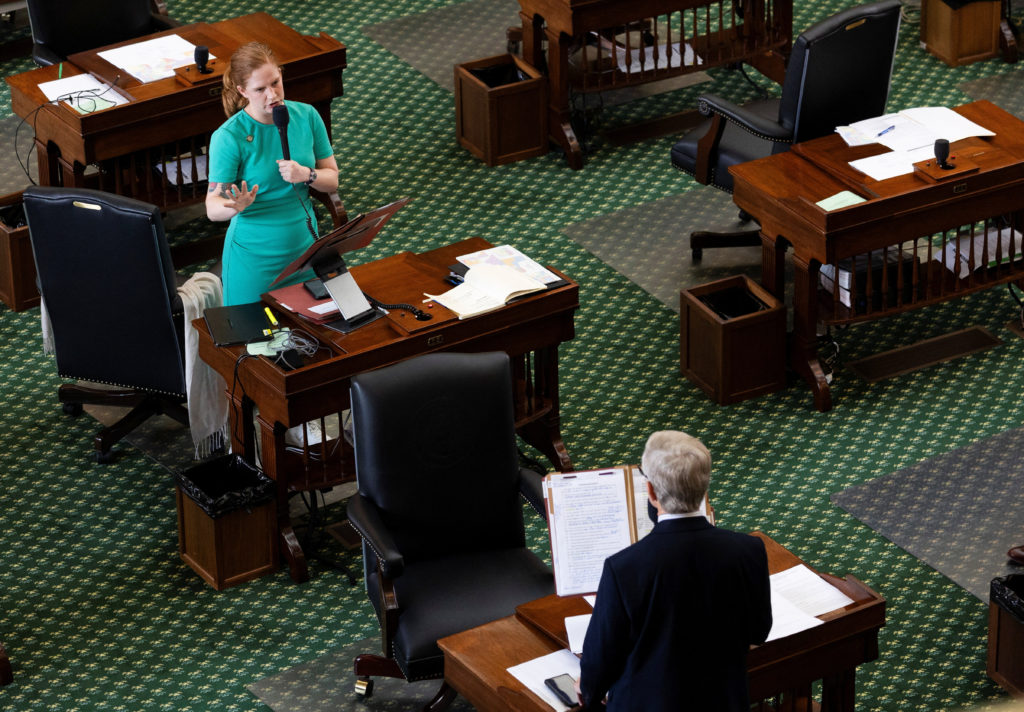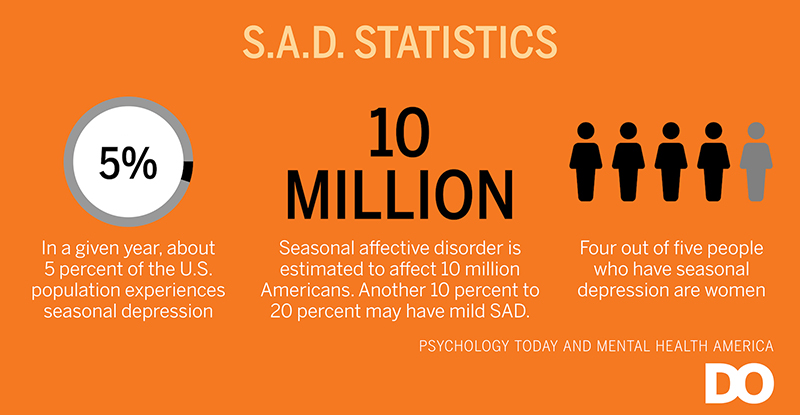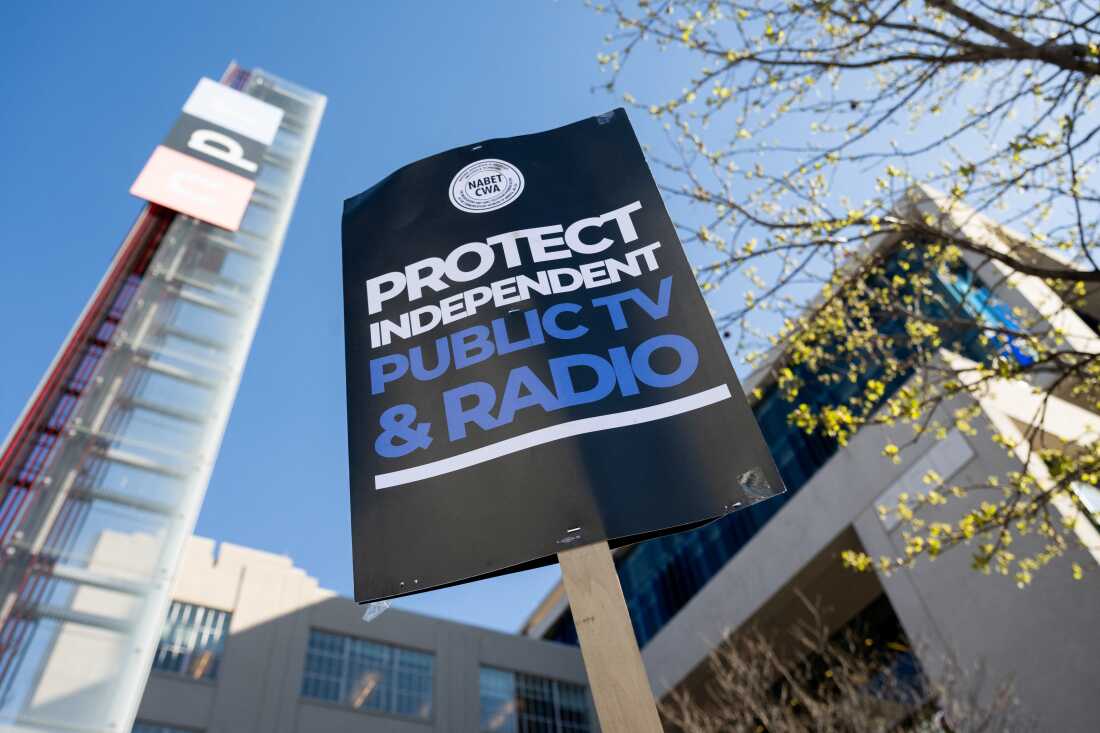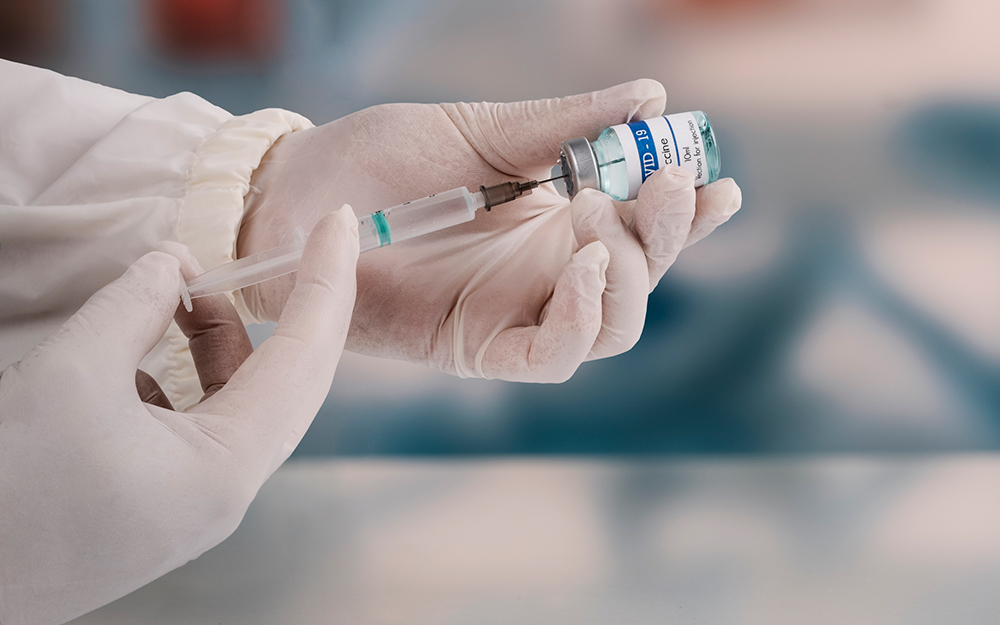Texas Governor Greg Abbott approved Texas Senate Bill 12 on June 20, 2025, and it went into effect for all schools on Sept. 1, 2025. Entitled the “Parents’ Bill of Rights,” it mandates that the Texas Education Agency require all schools to provide a way for students’ parents to consent to certain school activities and services.
In LTISD schools, parents have been notified that they can provide consent through their Skyward Family Access portal. However, some Lake Travis students and their parents still have questions about the ramifications of Senate Bill 12, specifically when it comes to accessing school medical services.
The Texas Education Agency’s guidelines notably distinguish between health-related services and healthcare services. Parental consent is only necessary for students to receive any service that is considered “healthcare” but not strictly mandatory for services only considered “health-related.” “Health-related” services include giving a student a band-aid or other basic forms of care. It is assumed that parents automatically consent to these types of services unless a parent has specifically withdrawn their consent.
However, the new LTISD policy is slightly more restrictive than the minimum guidelines set by the TEA. In the LT area, parents must provide consent in Skyward for their children to receive any and all types of medical care – even services considered only “health-related.”
To enforce this new policy, students are restricted entering the nurse’s office unless allowed in by district staff. During the 2024-2025 school year, the door to the LTHS nurse’s office was wide open, whereas it is now locked to prevent students whose parents have not consented from entering the room. Once parents fill out the consent form, their children can use the nurse’s office to rest or receive medical help.
However, there are important exceptions to the policies enforced by Senate Bill 12. If a student experiences a severe allergic reaction or another life-threatening medical event, school healthcare providers are able to provide assistance regardless of if that student’s parent has already consented. Despite the seemingly excessive restrictions placed on access to school medical care, students’ safety is still ensured and prioritized in states of emergency.




























